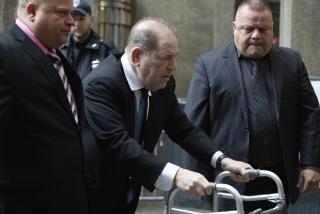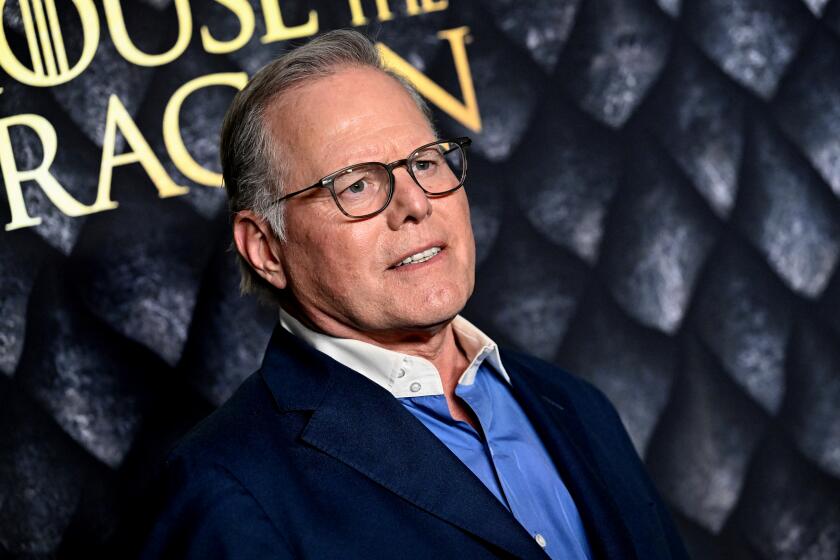Indictment Reinstated Against Bank’s Ex-Chief : Caldwell of Defunct Western National Signed Valid Waiver, Court Holds
- Share via
The U.S. 9th Circuit Court of Appeals has reinstated a 12-count criminal indictment against Craig E. Caldwell, former chairman and majority shareholder of the now-defunct Western National Bank in Santa Ana.
The appellate court ruled that Caldwell signed a valid waiver in 1986 to extend indefinitely a 5-year statute of limitations and give prosecutors more time to bring charges against him.
A year after the waiver was signed, an indictment charged him with making false entries in bank records, making false statements on bank loan applications and misapplying bank funds. The indictment accused him of profiting from fraudulent loans that cost the bank about $600,000.
The bank was founded by Caldwell and others in 1980 and closed in 1982 after regulators declared it insolvent.
More specifically, the indictment accused him of setting up straw borrowers on loans he arranged and of personally receiving at least $225,000 in loan proceeds. It also alleged that he violated federal banking regulations by personally borrowing $200,000 from Western National, exceeding the limits bank directors can borrow from their own institutions.
Breaking new ground, U.S. District Judge James M. Ideman ruled in January that unlike waivers with specific limitations, an open-ended waiver was unreasonable unless extraordinary circumstances warranted it. The indictment was dismissed.
But the three-judge appellate panel disagreed last week in a unanimous decision, saying that such a waiver was “not unreasonable.” The test for any waiver, the court said, is whether it is a “knowing and voluntary” waiver on the part of the defendant.
The Court of Appeals did qualify its test, however, by saying that prosecutors could not act in bad faith and could not unnecessarily delay an indictment once an open-ended waiver is given.
Though the court said Caldwell failed to raise bad faith or unnecessary delays issues, his lawyer said the issue of unnecessary delays was raised and will be raised again.
“One year is an unreasonable delay even though there was an open-ended waiver,” said Thomas E. Holliday, Caldwell’s lawyer. “But if we ever have to litigate and resolve this case, we’re confident we will win.”
Holliday said he and Caldwell, 38, of Rolling Hills, have about 3 weeks to decide whether they will appeal to the U.S. Supreme Court, ask for a rehearing before the appellate court or raise the issue of unnecessary delays in the trial court.
Caldwell now is in the real estate business in the Long Beach area.
More to Read
Inside the business of entertainment
The Wide Shot brings you news, analysis and insights on everything from streaming wars to production — and what it all means for the future.
You may occasionally receive promotional content from the Los Angeles Times.










